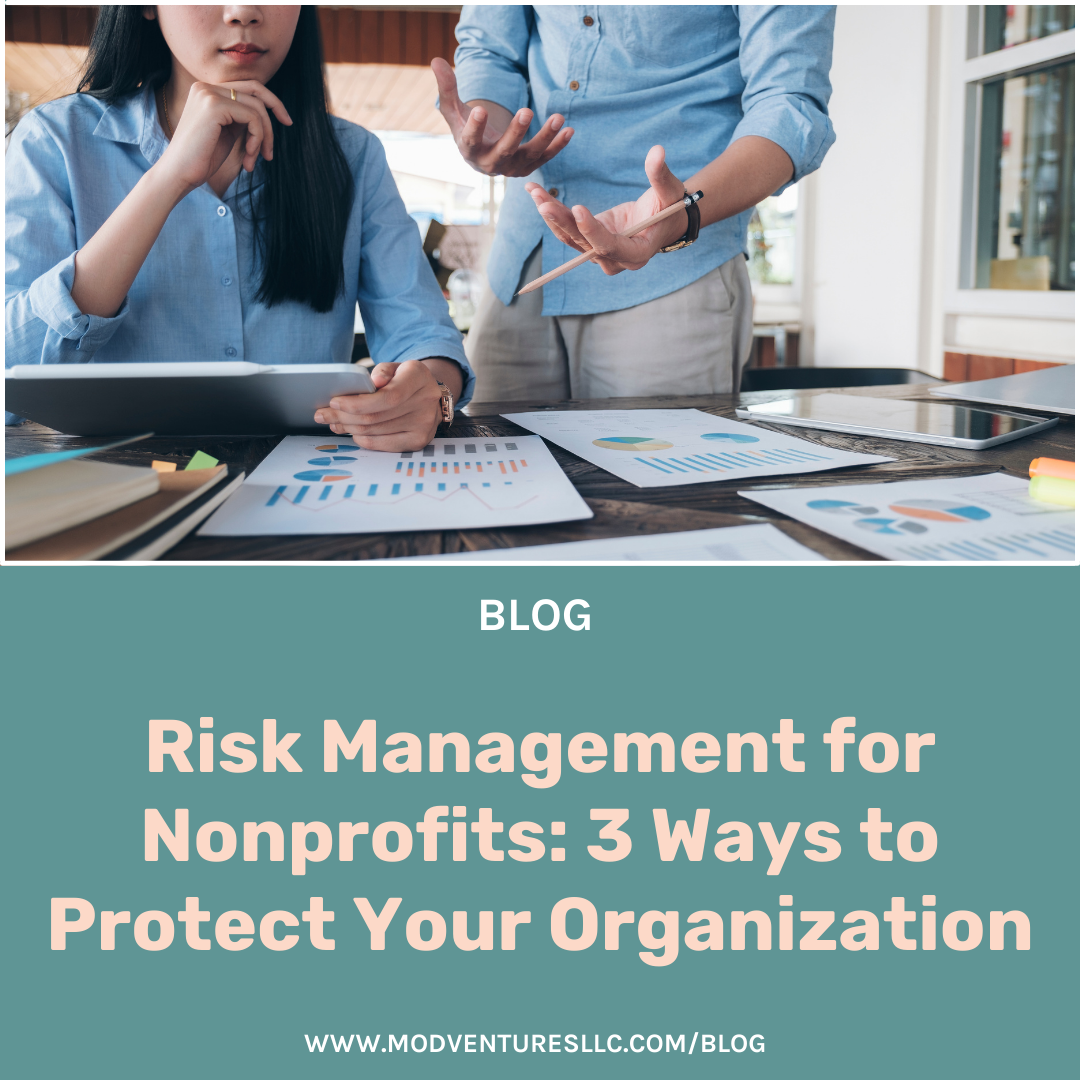By: Gabrielle Luoma CPA, CGMA
By: Gabrielle Luoma CPA, CGMA
Risk management is crucial for nonprofit organizations, particularly those that rely heavily on fundraising and experience volatile financial periods.
Throughout the year, nonprofits may face times when funds are low, but the demand for programs and events remains high. Effective risk management ensures that these organizations can continue to serve their communities without disruption, even during challenging times.
How to Manage and Mitigate Financial Risk in Your Nonprofit Organization
There are many approaches to risk management, but starting with these foundational strategies is essential. It’s important to note the difference between managing and mitigating risks.
While mitigation focuses on preventing risks, management encompasses a broader scope — identifying, analyzing, treating, and monitoring risks to ensure a comprehensive approach to financial safety.
There are three main ways we suggest doing this:
#1. Embrace Financial Transparency
For nonprofits, transparency isn’t just a best practice; it’s imperative. Being open about your financial status builds trust with donors, stakeholders, and regulatory bodies. It ensures that everyone involved understands where money comes from and where it goes.
Transparent practices include detailed reporting, regular audits, and clear financial policy and outcome communication. This openness reinforces credibility and enhances your ability to garner support and maintain compliance with financial regulations.
#2. Make Data-Driven Decisions
In nonprofit management, making informed decisions is critical to avoiding financial pitfalls. Use accurate, up-to-date financial data and projections to guide your strategic choices. This approach helps prevent decisions that might seem right intuitively but could lead to financial issues down the line.
By grounding decisions in data, nonprofits can plan more effectively for future needs and avoid the common trap of reactive, short-term decision-making.
#3. Always Be Prepared
The old adage of “always be prepared” is particularly relevant in financial management for nonprofits. Regularly monitoring your financial status and comparing actual results with projections is crucial.
Stay proactive by keeping a close eye on your accounts, understanding cash flow patterns, and maintaining a reserve fund. Having a well-thought-out contingency plan is also vital. This plan should outline steps to take when financial challenges arise, ensuring that your organization can navigate tough times without compromising its mission.
Preventing Financial Risk in Your Nonprofit
By implementing these strategies, nonprofits can create a robust framework for managing financial risks, protecting their programs, and ensuring their long-term sustainability.
If you’re looking to strengthen your organization’s financial health, consider working with MOD VENTURES LLC for tailored advice and support. Book your free consultation today!
You May Also Love
CLOSE






